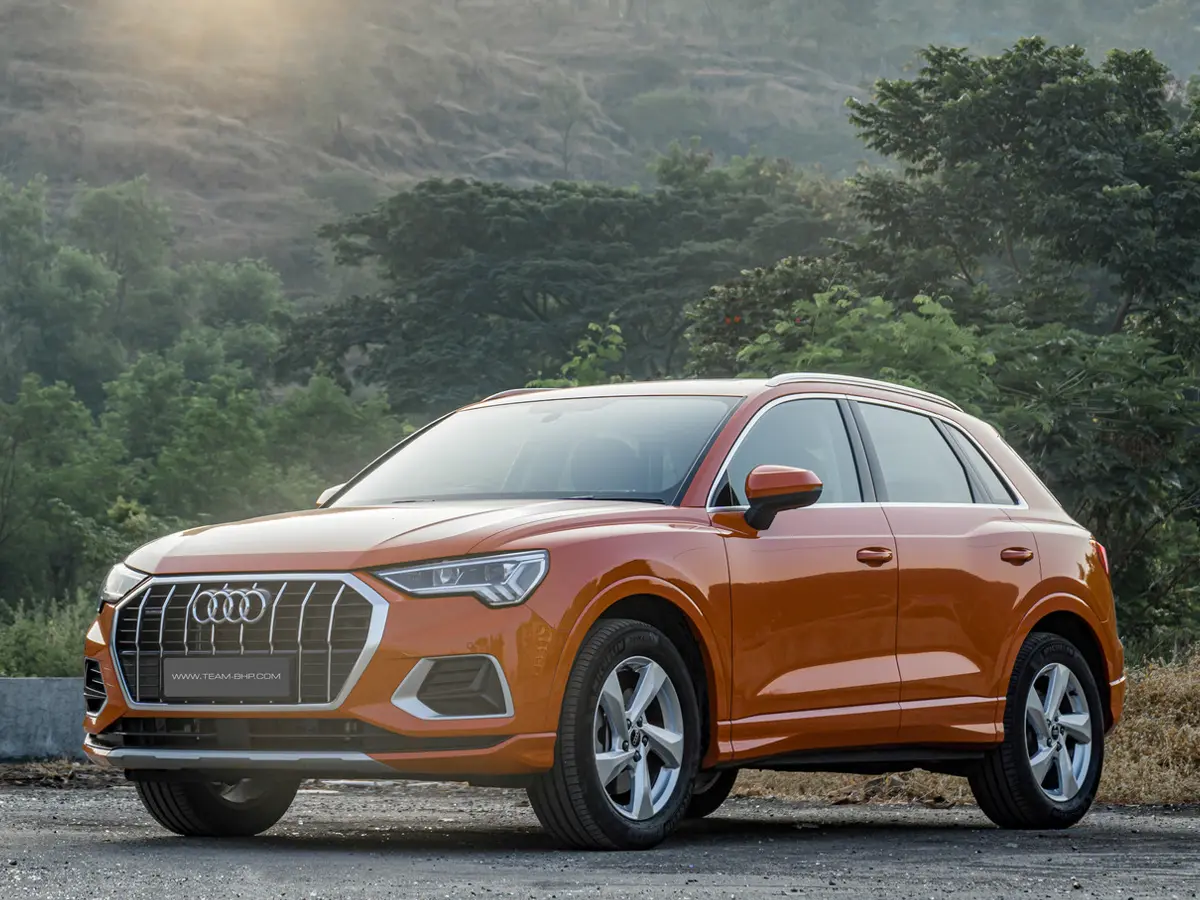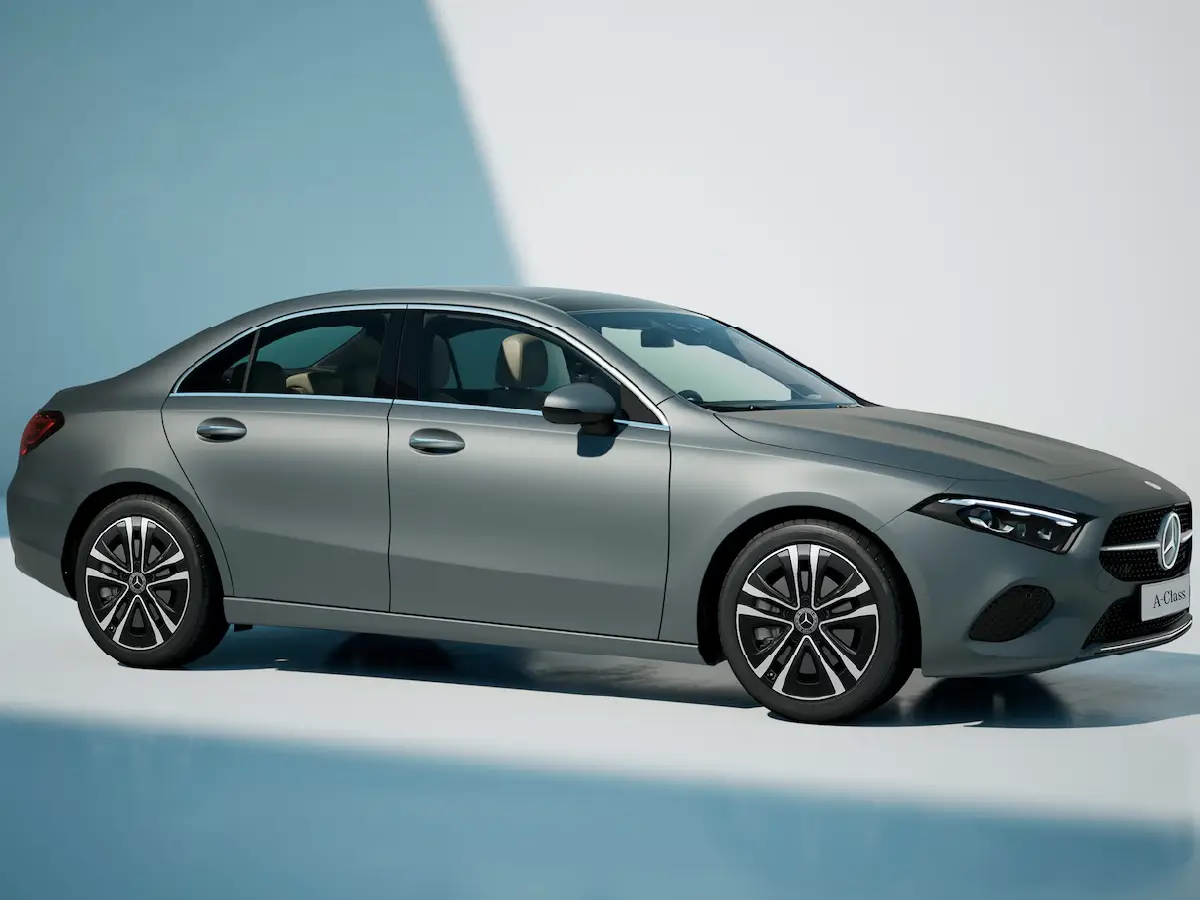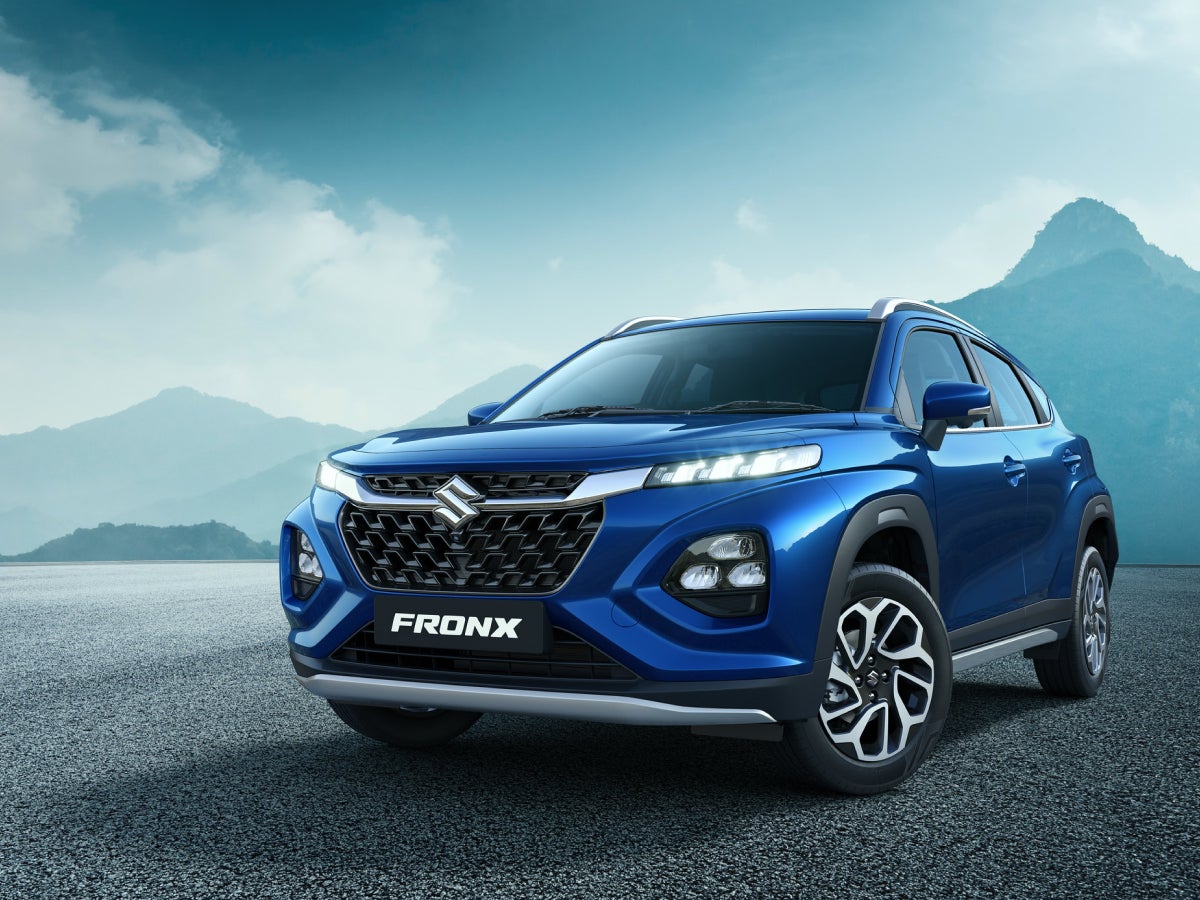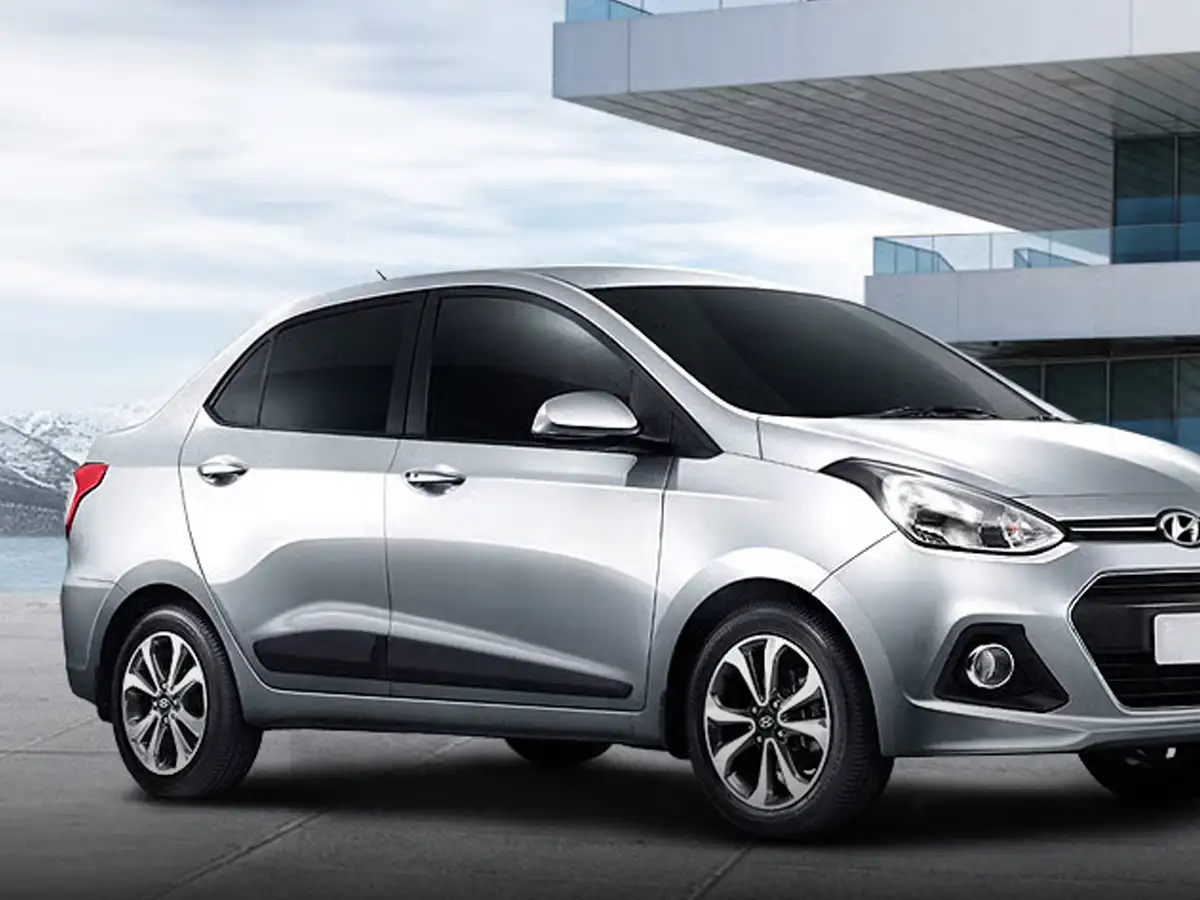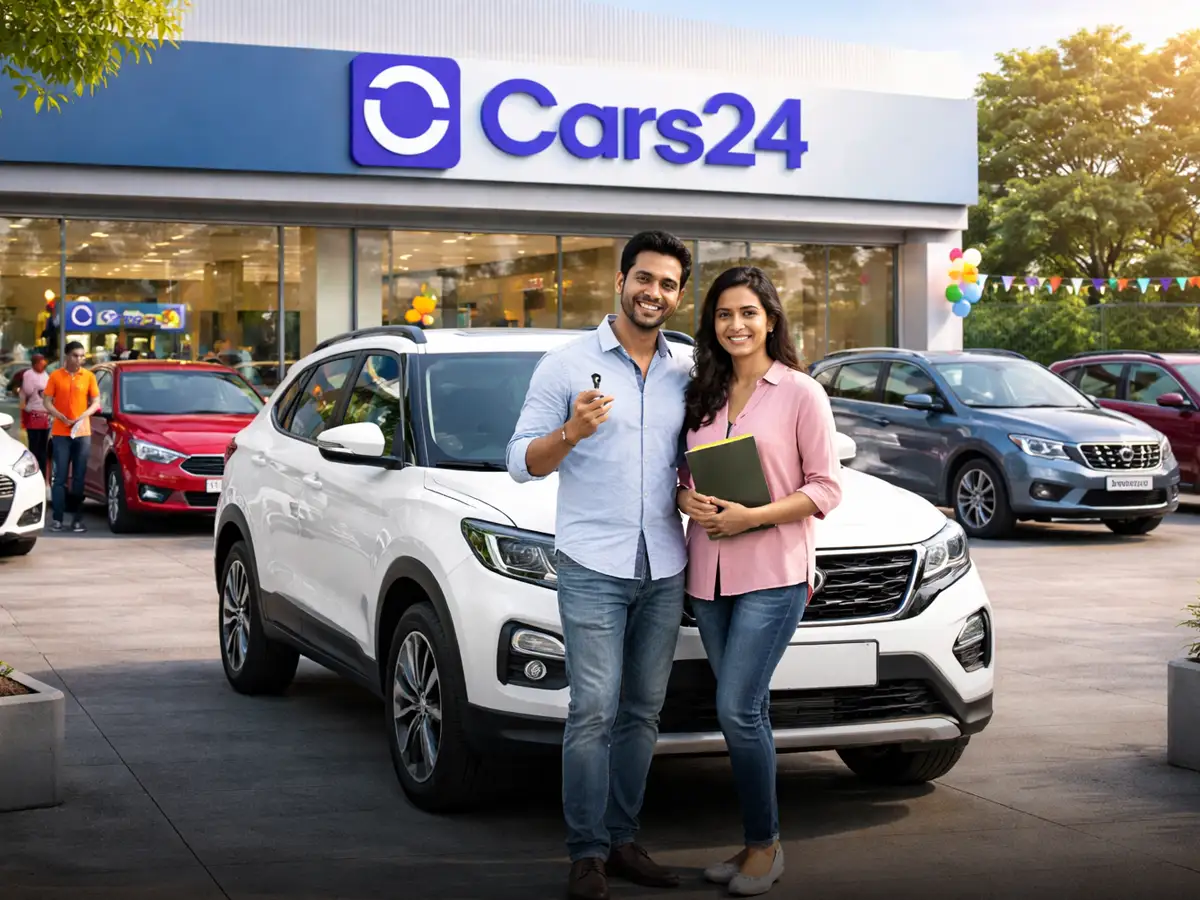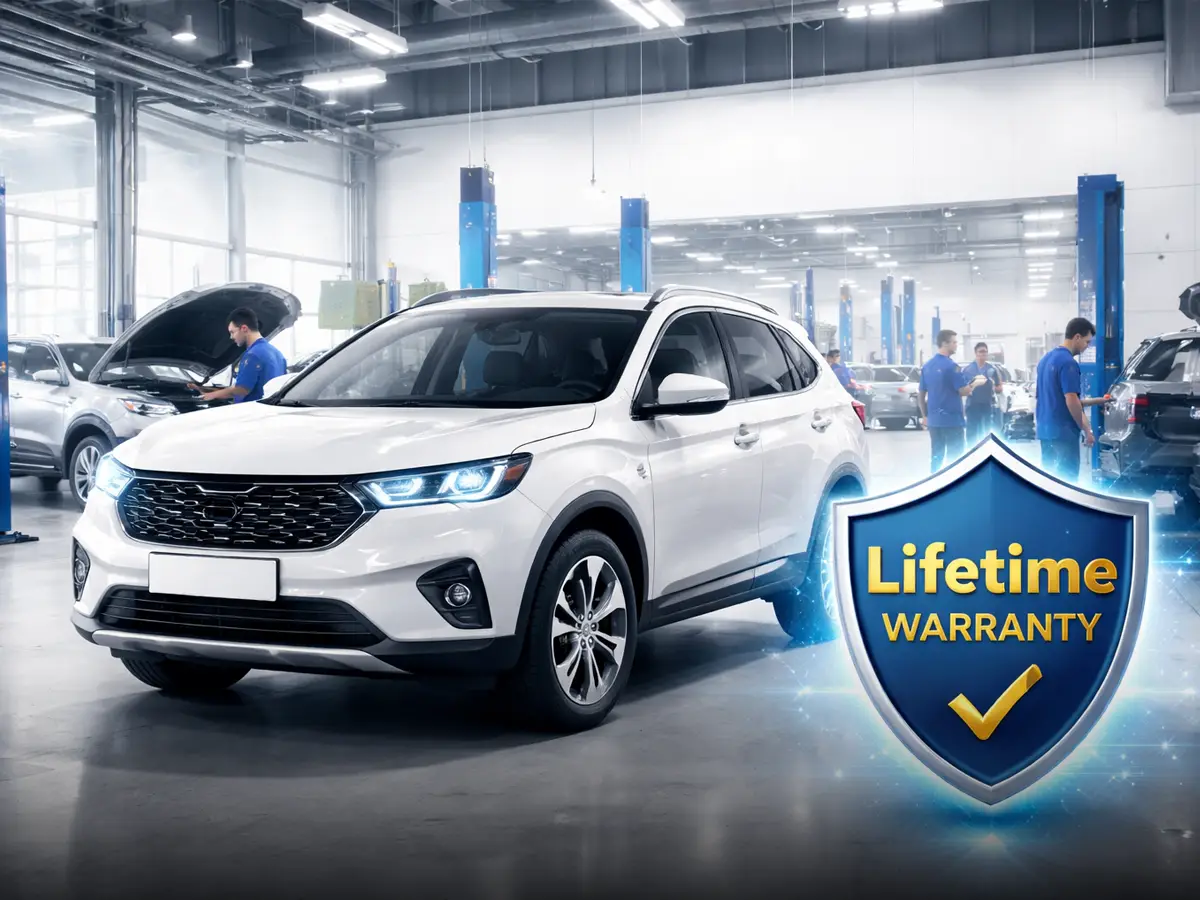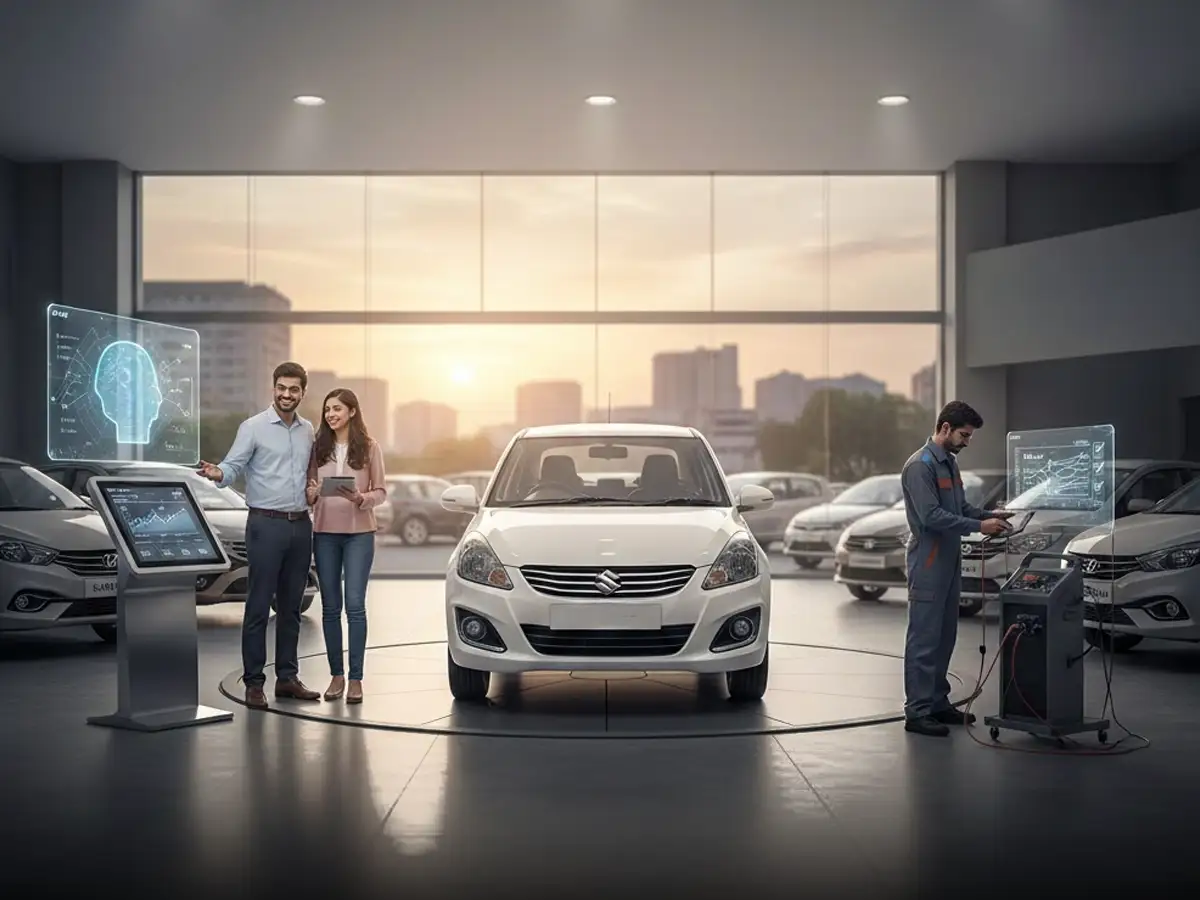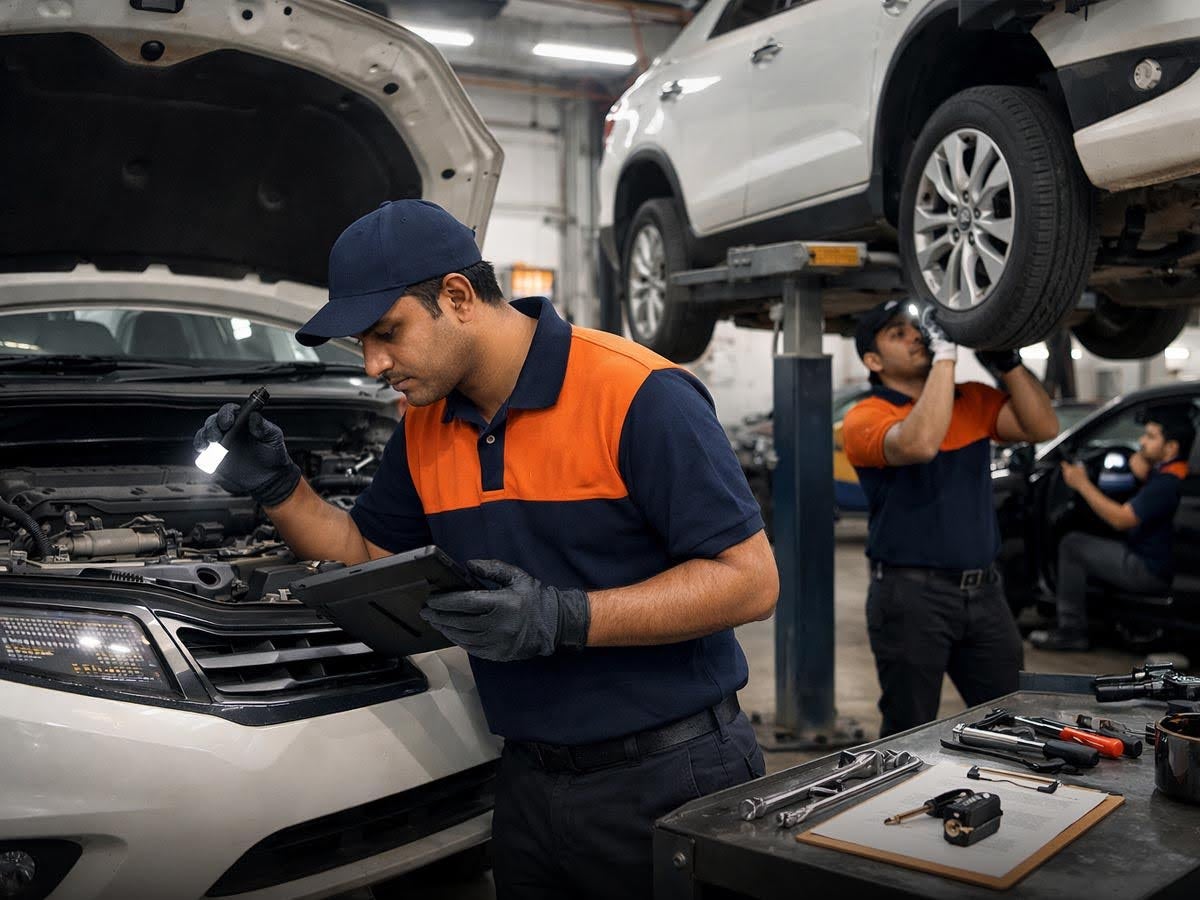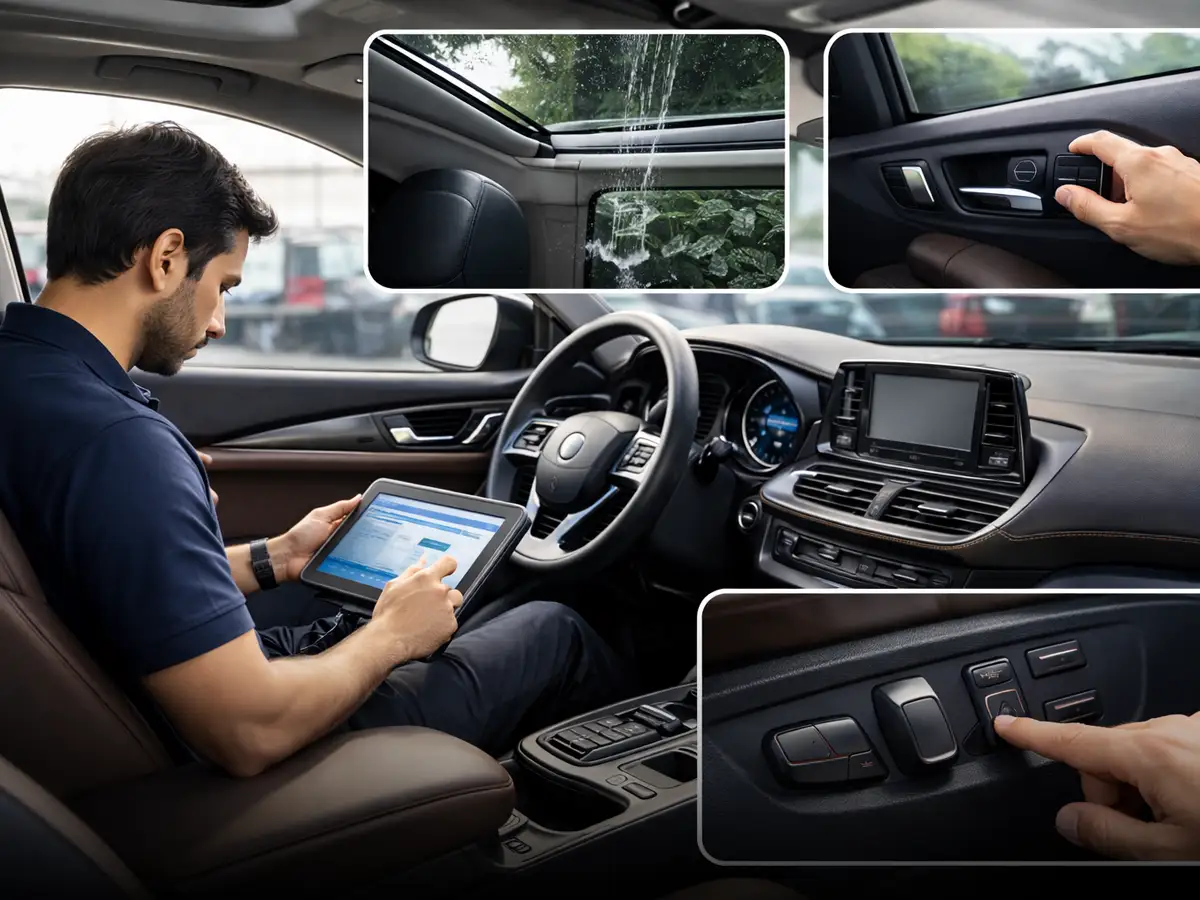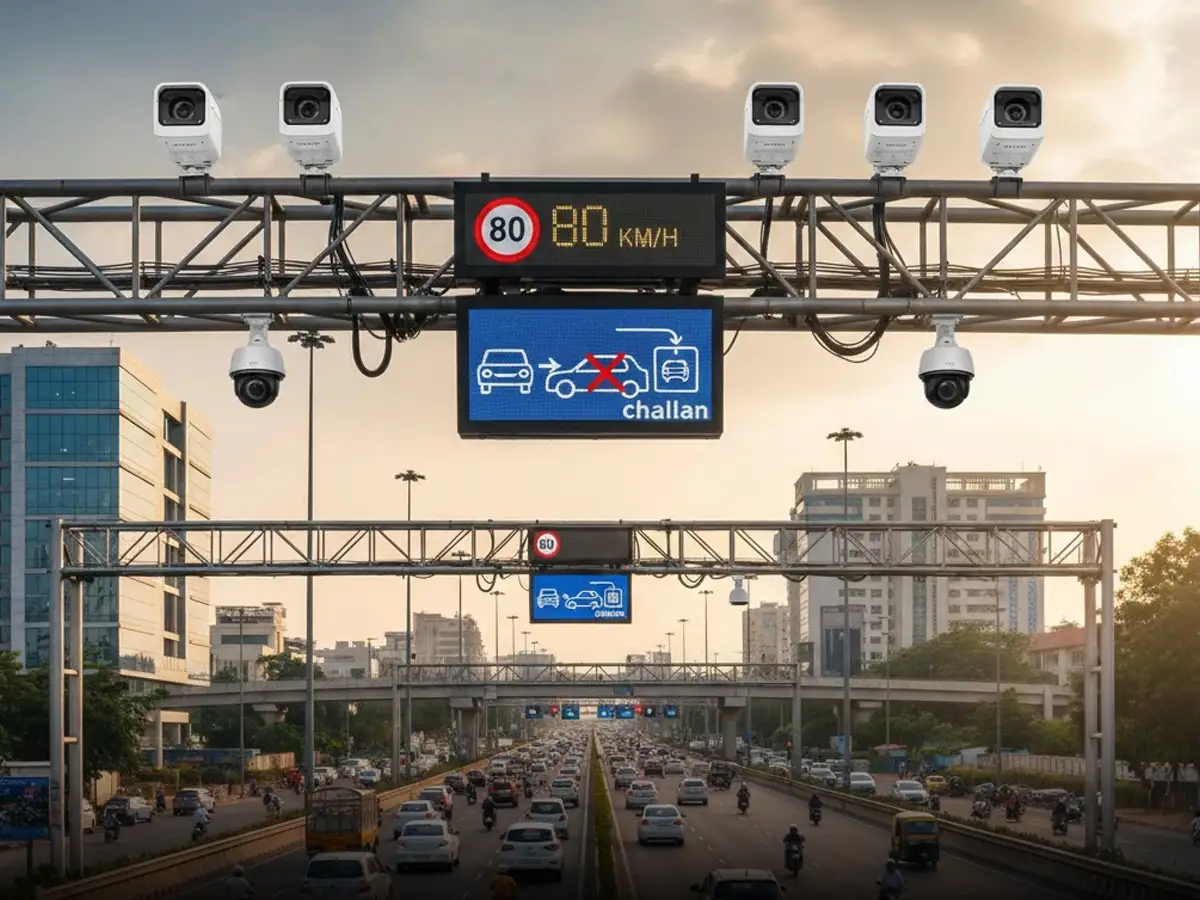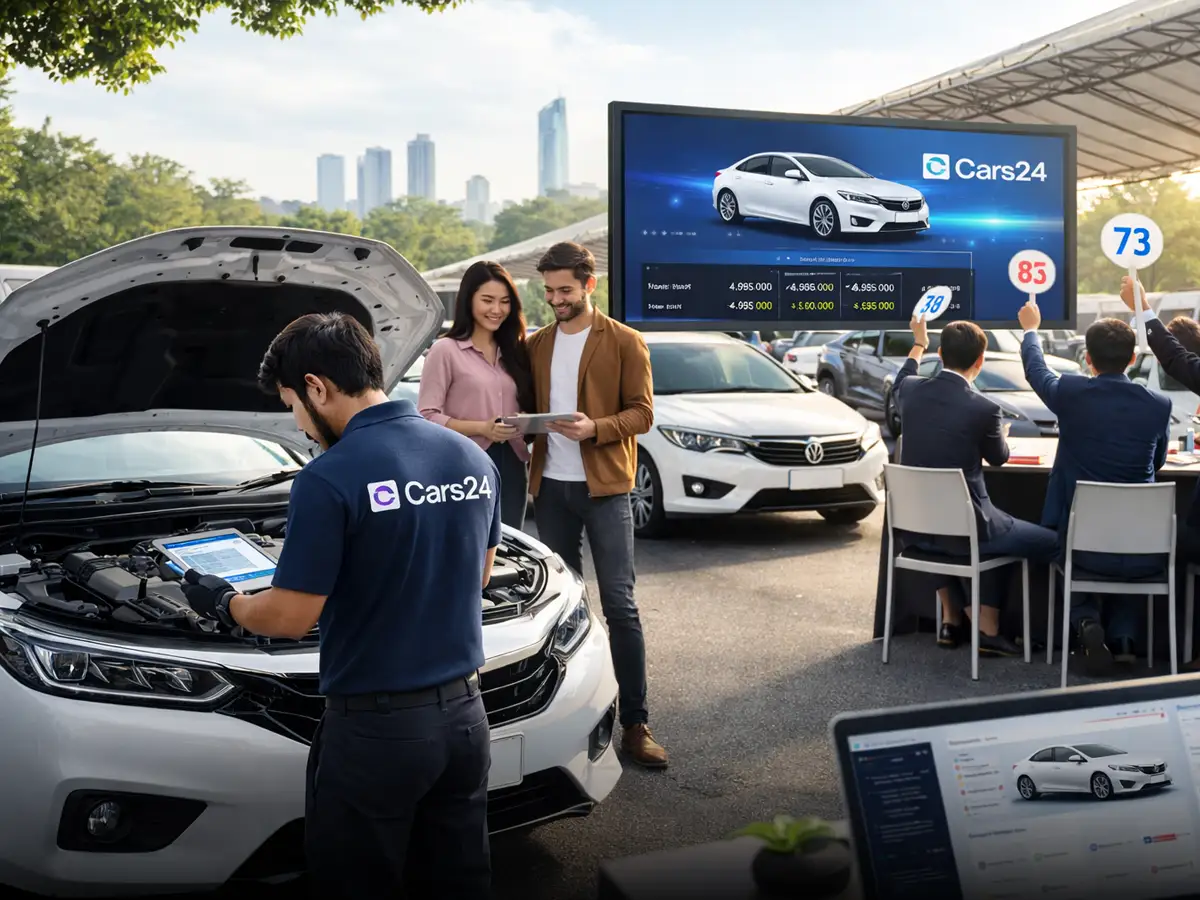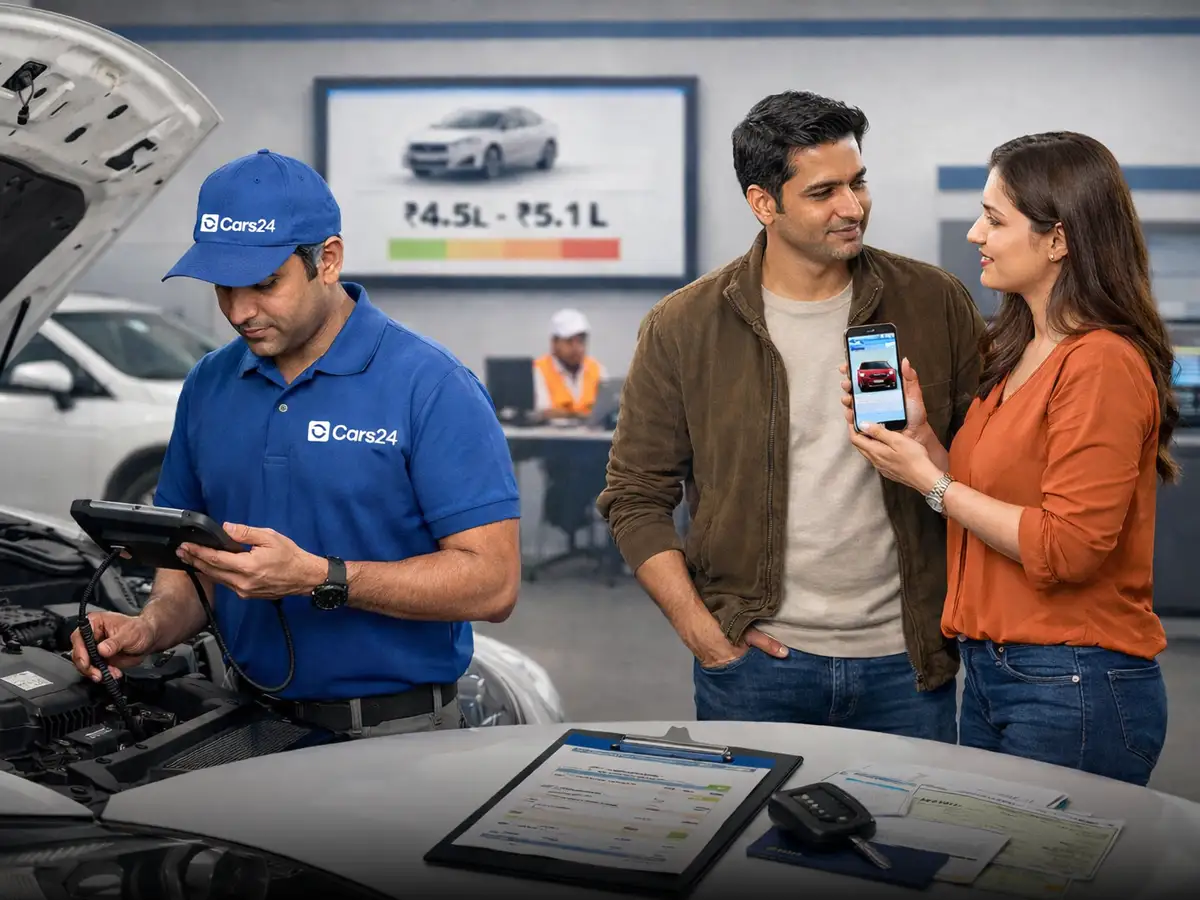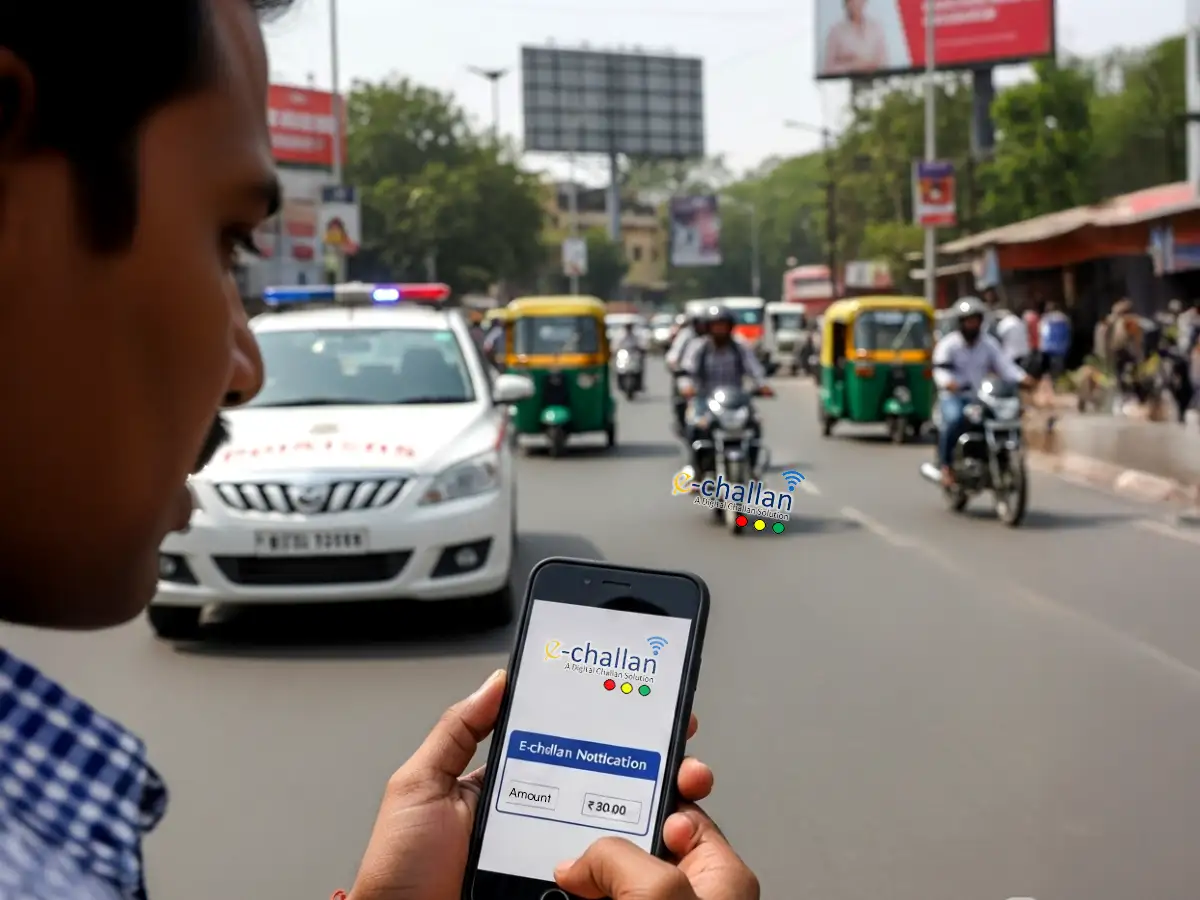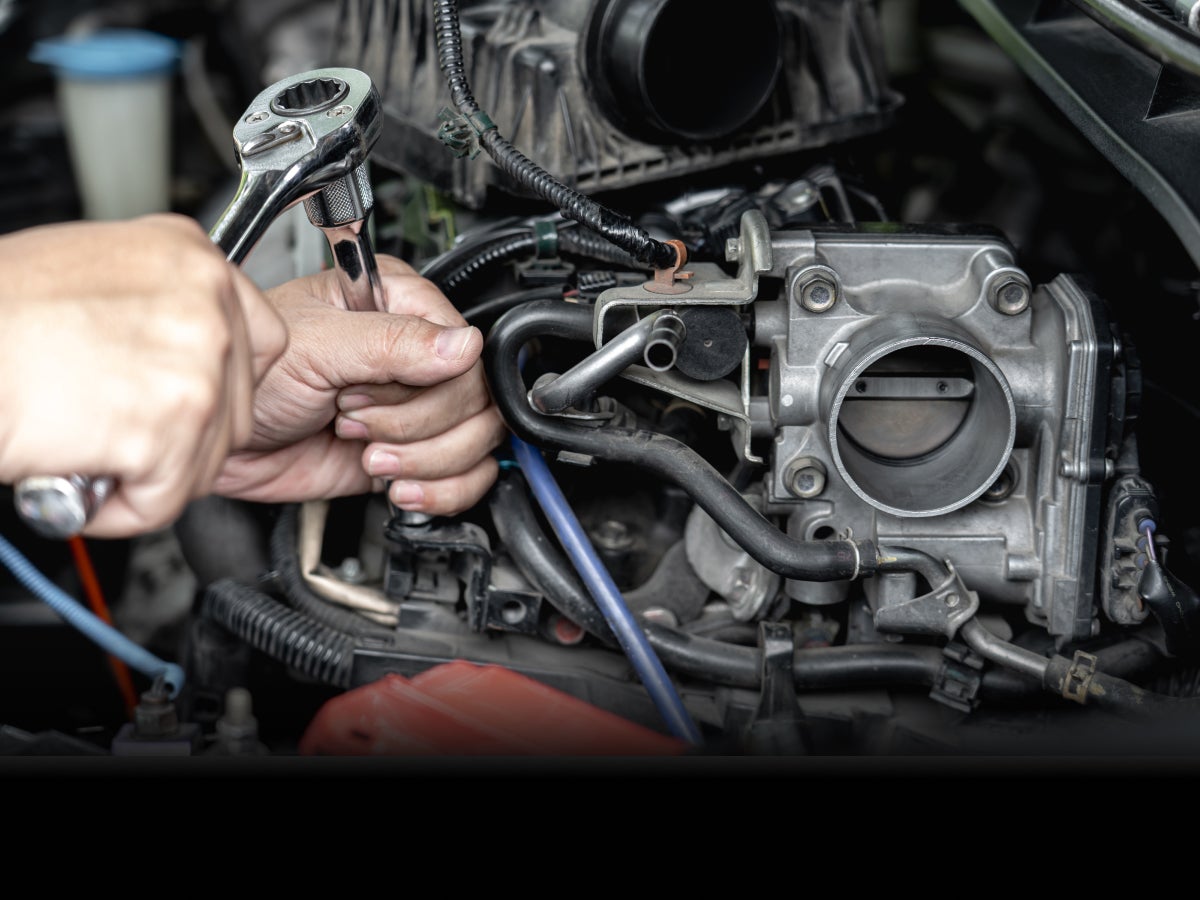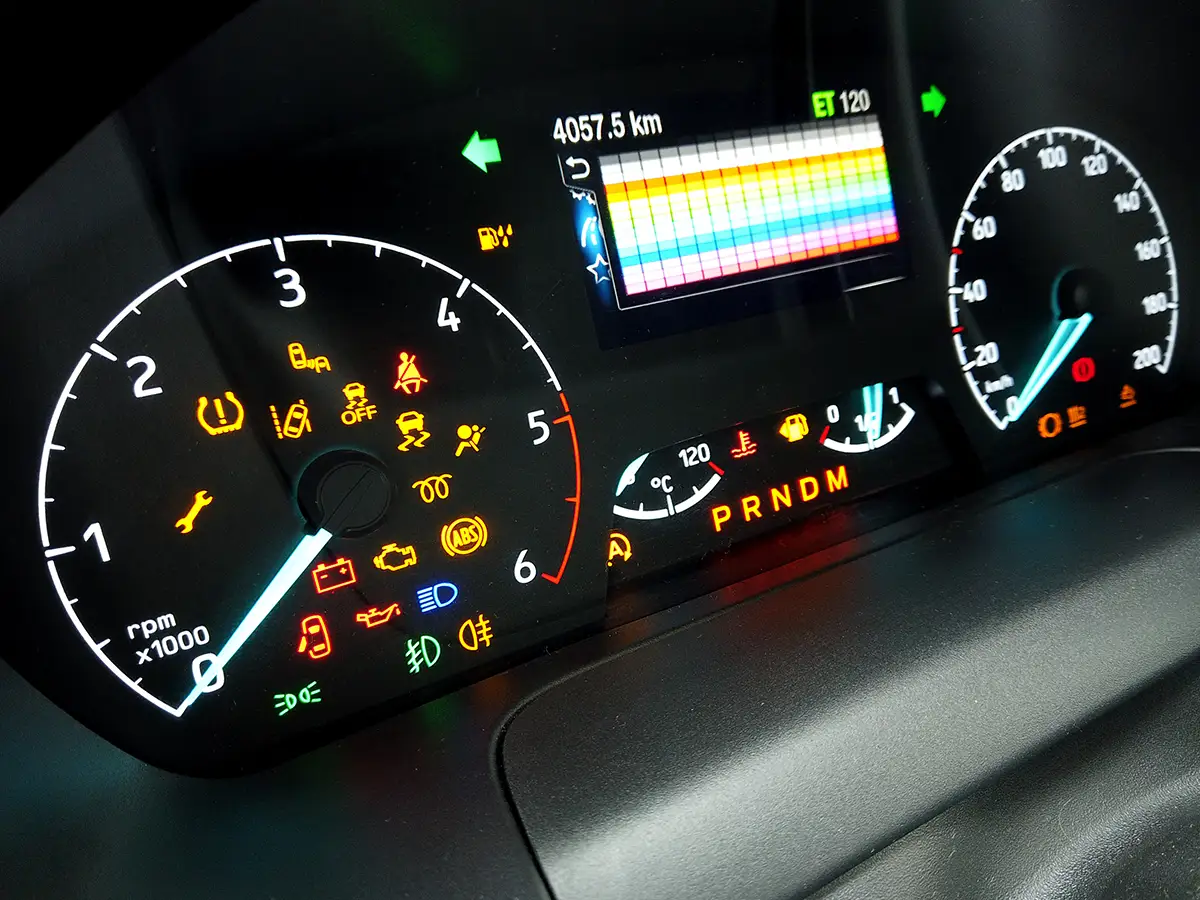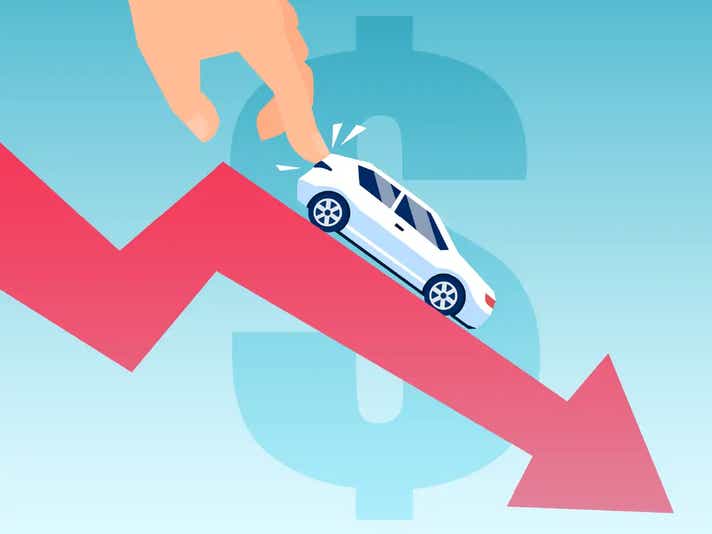

How Depreciation Impacts Used Car Pricing in 2025?
- 1Depreciation is value loss over time, based on age, mileage, and condition
- 2Pick brands like Maruti or Toyota- they hold value and depreciate slower.
- 3Regular service and good upkeep help slow down your car’s depreciation
When you’re looking to buy a pre-owned car in 2025, understanding depreciation is key. The moment a car leaves the showroom, its value starts to drop, and this directly affects used car pricing. For many buyers, depreciation is one of the biggest factors to consider when calculating the total cost of owning a vehicle. Cars that hold their value well are always in demand, while those that depreciate faster might look affordable initially but could cost more in the long run.
Depreciation does not just influence how much you pay today: it also impacts resale value and insurance costs. For sellers, understanding the depreciation impact on used cars helps in setting realistic prices, while buyers can make informed choices and avoid overpaying. In 2025, with the used car market booming and more models available than ever, having knowledge of how depreciation works can save both money and trouble.
What is Depreciation and Why Does It Matter?
Depreciation is simply the loss of value of a car over time. With each passing year, the value of every car decreases by a certain percentage in proportion to its original value because of age, usage and wear and tear. For example, a hatchback can depreciate by 20-25% within the first year itself. This decrease is also reflected in the pricing of used cars and smart consumers always take it into consideration when deciding which model and year to go for.
In India, the Insurance Regulatory and Development Authority of India (IRDAI) has approved standard depreciation rates. These rates are used to determine the Insured Declared Value (IDV) of a vehicle, which determines the amount of compensation in the event of theft or total loss. The IRDAI approved rates of depreciation based on the age of the vehicle are:
| Car Age | Depreciation |
| Up to 6 months | 5% |
| 6 months to 1 year | 15% |
| 1 year to 2 years | 20% |
| 2 years to 3 years | 30% |
| 3 years to 4 years | 40% |
| 4 years to 5 years | 50% |
| More Than 5 Years | To be agreed between the insurer and the policyholder |
The depreciation effect on used cars may differ by brand, model, fuel type and even market demand. Cars of brands that have high resale value, such as Maruti Suzuki or Hyundai, depreciate at a slower rate and hence the used car prices of such cars are relatively higher even after a few years. Conversely, luxury vehicles may experience higher depreciation, making them cheaper in the second-hand market, but they may be more difficult to sell at a later date.
Ways to Calculate Car Depreciation Rate
It is important to know the level at which your car has depreciated so that you can determine its current value, whether you are purchasing or selling. The easiest way is to use an online car depreciation calculator. All you need to do is put in the registration number, the year of manufacture, the make and the model of the car and it tells you how much value the car has lost.
If you want to do it manually, there are two simple methods:
1. Prime Cost Method
This calculates depreciation as a fixed percentage of the car’s original cost.
Depreciation = Car’s purchase cost × (Number of days owned ÷ 365) × (100 ÷ Car’s expected life in years)
2. Diminishing Value Method
This works on the car’s reducing value each year, which shows that cars lose more value in the first few years.
Depreciation = Car’s purchase value × (Number of days owned ÷ 365) × (Car’s expected life ÷ 200)
The above calculation will give you a clear picture of the current value of the car and show how depreciation affects used car pricing.
How Depreciation Differs by Car Type, Mileage, and Condition
Not every car depreciates at the same rate, and understanding this can help you make smarter decisions in 2025.
1. Car Type
The depreciation impact on used cars depends heavily on the type of car you’re looking at. Smaller hatchbacks such as the Maruti Alto or Hyundai i10 tend to lose value at a slower rate, owing to the high demand, hence the used car pricing is less volatile. The mid-size sedans or SUVs can lose their value more quickly at first, but popular models can hold on to their value in the long run.
2. Mileage
Another important factor is mileage. Cars with a lot of kilometers on the clock will depreciate at a faster rate. For example, a car with 50,000 km will usually be priced lower as a used car compared to a similar model with only 20,000km, despite the fact that both cars may be of the same age. In India, buyers tend to look at the odometer readings first and sellers adjust prices accordingly, and this directly reflects the depreciation impact on used cars.
3. Condition
Cars that are in good condition through regular servicing, no major accidents and original parts maintain value better. Scratched paint, dents, and bumper crashes, or mechanical problems can greatly reduce the price of used cars. Even minor cosmetic issues are enough to get buyers to negotiate down, which shows how much the depreciation impact on used cars is tied to care and maintenance.
4. Fuel Type
In 2025, buyers should also consider fuel type. The depreciation of petrol cars is usually slower than that of diesel cars in urban markets because of regulatory volatility, usually seen with diesel cars. Electric cars may not be as old as their ICE counterparts in India, but they experience fast initial depreciation, which may eventually stabilise as adoption grows. By being aware of these trends, buyers and sellers can have realistic expectations for used car pricing.
Practical Tips to Minimise Depreciation Losses
These are some of the most important points that you should keep in mind to preserve the value of your car:
- Select cars with high demand: Maruti, Hyundai and Tata have better resale value.
- Maintain mileage and condition: Selling a car that is maintained well and has a low odometer count will give you better used car pricing.
- Pick the right car type and fuel: Hatchback and petrol cars tend to depreciate less than SUVs and diesels and electric vehicles depreciate more in the short term.
- Time your sale or purchase: Selling just before major milestones (like 5 years) can minimise your losses and buying slightly older cars offers better value.
- Keep records: Service history, insurance, and receipts can improve resale and reduce depreciation impact on used cars.
Summary
Depreciation is a significant factor that affects the used car pricing. The depreciation impact on used cars depends on factors such as the type of car, mileage, condition, fuel type and timing. Understanding these can help you make smarter buying and selling decisions.
You can minimise the losses and maximise your investment by selecting popular cars, taking good care of your vehicle, and timing your purchase. As a seller or a buyer, the knowledge of depreciation can help you stay informed and in control of your finances.
Frequently Asked Questions
Expand all